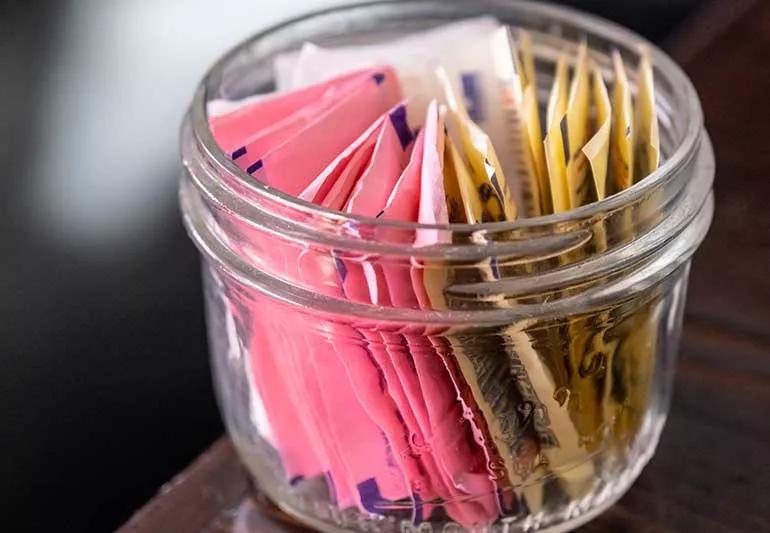How Can Hospitals Reduce Food Waste?

Hospitals are a person of the greatest sources of foods waste in the United States.
In accordance to the Foods and Agriculture Organisation of the United Nations, about a single third of all foodstuff developed in the entire world is lost or wasted. Hospitals generate a sizeable total of meals waste owing to numerous factors these as overproduction, inappropriate storage, and affected person food stuff choice. Not only is this a squander of resources and income, but it also has damaging environmental impacts.
Hospitals can consider quite a few actions to cut down foodstuff waste, from superior staff and client education and learning to investments in better technology. In this post, we will explore how hospitals can lessen food stuff squander and market sustainability.
Technological know-how Investments
Technology can participate in a substantial job in minimizing food stuff squander in hospitals. Foods tracking programs that monitor foodstuff squander and make stories can be utilized to identify any spots for improvement. An additional technological innovation financial commitment for hospitals is automated stock administration. Automatic stock management techniques can help hospitals hold monitor of the ingredients they have in stock. This allows them to make far more knowledgeable getting decisions and steer clear of overstocking. Good kitchen appliances, this kind of as ovens and refrigerators, can support to monitor food items temperatures and decrease waste by alerting staff members when food stuff is close to expiration.
Yet another know-how investment for hospitals could be food ordering methods. On the web food purchasing programs can permit sufferers to purchase foods instantly, decreasing squander by making it possible for hospitals to get ready meals on demand from customers.
Just one remaining technological innovation for hospitals to spend in food items donation administration systems. This know-how manages food donations, making sure that leftover food is donated securely and competently. By investing in these technologies, hospitals can decrease foodstuff waste, improve operational performance, and help you save cash. They can also endorse sustainability and lessen the environmental effect of meals squander.
Team & Affected person Education
Personnel and individual schooling is a vital ingredient in minimizing foods squander in hospitals. Hospitals can provide schooling to their employees on how to properly regulate meals waste, which includes how to reduce overproduction, keep track of meals inventory degrees, and safely donate leftover food. Affected individual education and learning can be delivered by hospitals via instructional products that encourage foodstuff waste reduction. This can be carried out by delivering ideas on portion handle, correct foods storage, and strategies to reuse leftovers. Nourishment instruction could also be presented to people to enable them make superior knowledgeable conclusions about their foods choices. This can cut down squander by lowering the volume of foodstuff that is still left uneaten.
Hospitals could also run consciousness campaigns that promote food stuff squander generation. These campaigns can come in the type of posters, social media posts, and newsletters. Lastly, hospitals can teach by collaborating with neighborhood associates. One particular type of collaboration could be with regional food items banks and charities to lower food squander by donating leftover food. By supplying schooling on food items waste reduction to employees and clients, hospitals can lower food stuff waste, improve sustainability, and help save income.
Repurposing Leftovers
Repurposing and applying leftovers is one more productive way to cut down food stuff waste in hospitals. 1 way to repurpose leftovers is by donating any leftover food that is even now secure to try to eat to community charities or food banking institutions, giving all those in want with nutritious meals. Hospitals can also switch leftover food stuff into new dishes that can be served to sufferers or personnel. Lots of leftover meals could also be frozen. These frozen leftovers can be saved for long term use, assisting to decrease waste and help save funds.
Hospitals could use leftover components and foods things to prepare meals for their staff. These foods could be offered to the employees for no cost or for a discounted value. These leftovers could also be utilized for in-home catering occasions, further reducing waste and maximising resources. Not only would this decrease food squander, but it could boost staff members morale. Eventually, any leftovers that are not useable could be utilised for composting. By repurposing leftovers and taking a strategic approach to minimizing foods waste, hospitals can endorse sustainability, conserve funds, and aid the community.
In conclusion, minimizing hospital food items squander is an crucial phase to enhancing local community associations, supporting sustainability, and cutting down costs. By utilizing these approaches, hospitals can significantly minimize their meals waste and add to a more sustainable potential. Moreover, hospitals can help you save funds on food items fees though supporting the nearby community as a result of meals donations. It is vital for medical center to prioritize cutting down meals waste, as it not only added benefits their bottom line but also allows to preserve our planet’s means.









